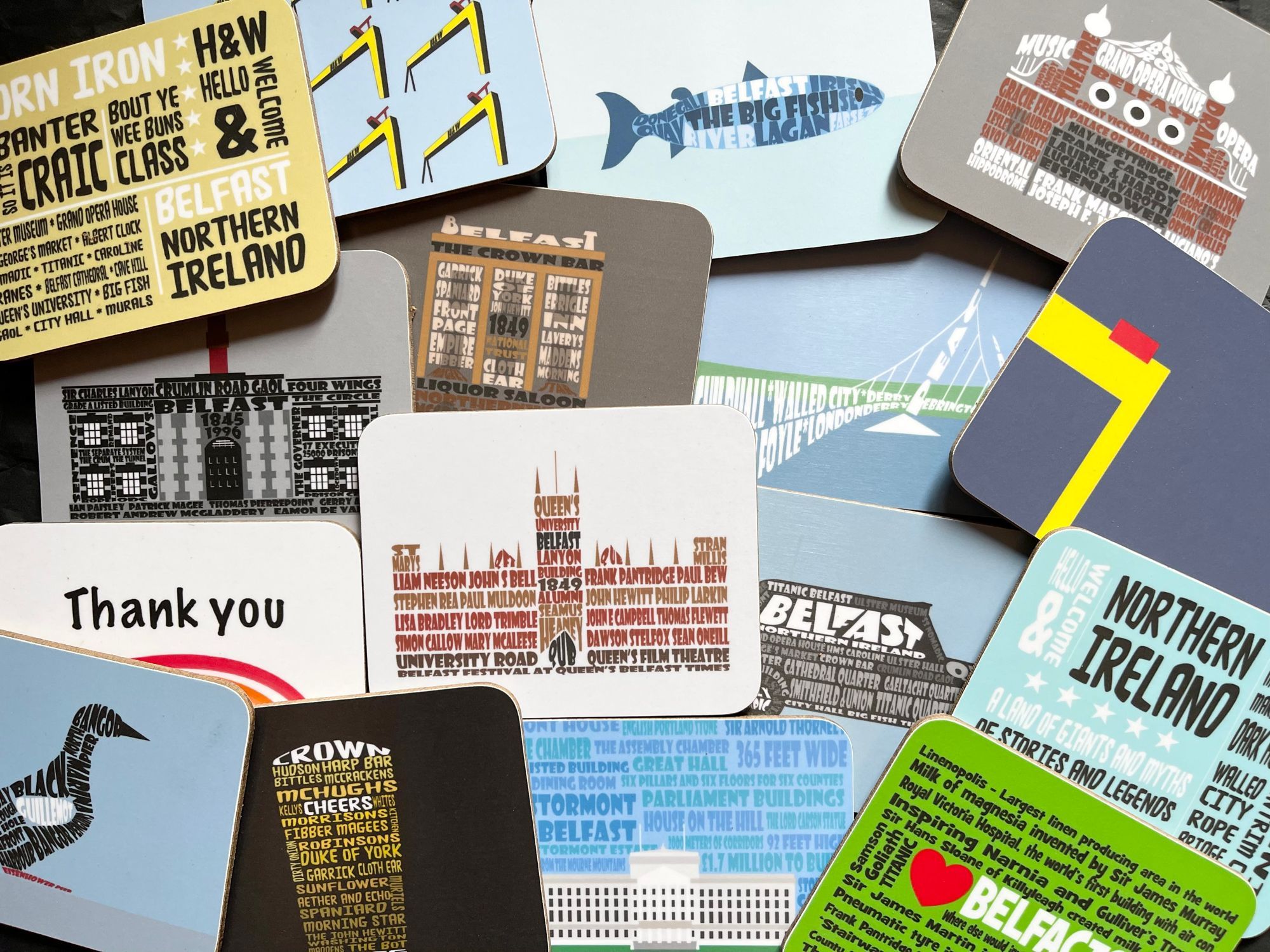Remember, remember your health in November!
It is time to get cosy and prepare your body for winter. Rather than hibernate through the winter months, this time of year is the perfect time to get out and about, enjoy the change of seasons and relish in what nature has to offer.
Mood and energy
Once the clocks change and the days start to shorten, lots of people find their motivation, mood and energy can become a little depleted. Here are some things you can do to help yourself through the winter months:
- Get as much sunlight as you can to help reset your sleep-wake cycle, and stop your body going into hibernation mode. It is a great idea to get outside in daylight hours as much as you can, whether than means a mid-morning walk around the block, switching your exercise time to a lunchtime run, or taking time to get outside in the early afternoon. Getting outside in daylight can to help stimulate the energising hormone cortisol, and suppress melatonin, the sleep hormone that makes us want to hibernate our way through winter.
- Swap to a daylight alarm clock. These clocks mimic the effects of daylight and morning sunshine, and research shows they can help with symptoms of SAD (Seasonal Affective Disorder, stress and anxiety). Set your alarm for your normal wakening time and you will be gently woken with a light, rather than a buzz, beep or shrill ring to ease your into your day and start to waken your body more naturally.
- Eat more foods containing tryptophan, the serotonin precursor. We find tryptophan in oats, bananas, dairy products like milk, yoghurt and cottage cheese, chicken, turkey, peanuts, almonds and chocolate - at least 70% cocoa (not the high sugar stuff!).
- Cut back on sugar as it can suppress mood and deplete energy. Find a few replacements for sugary snacks that you like and add them to your trolley. Nuts and berries, oatcakes and cheese, or even some dried fruit would be good.
Dry skin and chapped lips
If you notice that the cold weather and central heating plays havoc with your skin, then eat foods the will help moisturise your skin for the inside out. Here are a few ideas for your shopping list:
- oily fish like salmon, mackerel, herring, trout and sardines
- olive oil
- nuts and seeds - Try some flaxseed, chia, sunflower, pumpkin, sesame seeds, and choose different types of nuts like almonds, hazelnuts, brazils, walnuts, macadamias or pecans.
- vitamin A is important to help your skin healthy, so choose eggs, oily fish, dairy products, or bright orange and dark green coloured fruit and veg to top up your beta-carotene levels - sweet potato and squashes, kale and cabbage to name a few.
Coughs and colds
Get ready for the colder weather and support your immune system by making a few carefully considered choices:
- avoid alcohol, smoking and sugar - these habits will delete your immunity and leave you more vulnerable to infection
- at least 5 portions of seasonal vegetables every day, the more colourful, the better
- warming herbs and spices like ginger, turmeric, cinnamon and chilli
- a couple of portions of vitamin C rich fruits like kiwi, berries and citrus fruits
- zinc rich foods like nuts, seeds, good quality red meat and some seafood can help feed a healthy immune system
- top up your vitamin D levels throughout winter with a supplement containing at least 2000iu vitamin D3
- consider taking a daily vitamin C supplement with bioflavonoids. Around 1000mg would be a good place to start.
- Walk, jog, hop, skip or run - it doesn’t matter what it is, as long as you exercise. Aim for around 20-30minutes of exercise a day to help support your immune system. If course, if you are run down, give your body a break and take a day or two off to help your rest, repair and recover.



